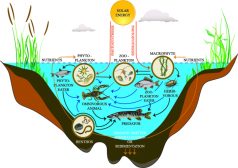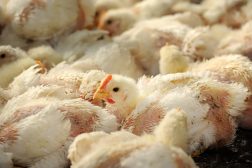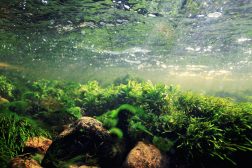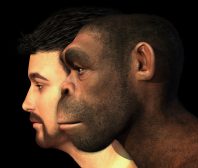Definition
noun, plural: anesthetics
(pharmacology) A drug or an agent that is used to produce temporary and partial loss of feeling or sensation of pain
adjective
Pertaining to, characterised by or producing anaesthesia
Supplement
Anaesthetics are agents that are capable of causing anaesthesia. They are causing reversible loss of sensation. They are also capable of providing relief from or prevention of pain (analgesic effect). Thus, they are often used to facilitate surgery.
Analgesics are also capable of producing analgesia. However, They are different from anaesthetics in a way that the latter can eliminate sensation (though temporarily). Analgesics can reduce pain but without eliminating other sensations.
There are two major categories of anaesthetics: (1) general anaesthetics and (2) local anaesthetics. General anaesthetics are drugs that produce loss of sensation associated with loss of consciousness. Local anaesthetics, in contrast, result in a small region of anaesthesia particularly at the region of the tissue wherein the anaesthetic is injected into. Lidocaine (Xylocaine) or (Marcaine) are commonly used local anaesthetics.
Variant(s):
- anesthetic
Compare:
See also:
Related term(s):
Mentioned in:
- Butacaine sulfate
- Disopyramide
- Enflurane
- Ether
- Letheon
- Nitrous oxide
- Port
- Propoxycaine
- Sufentanil
- Tiletamine







